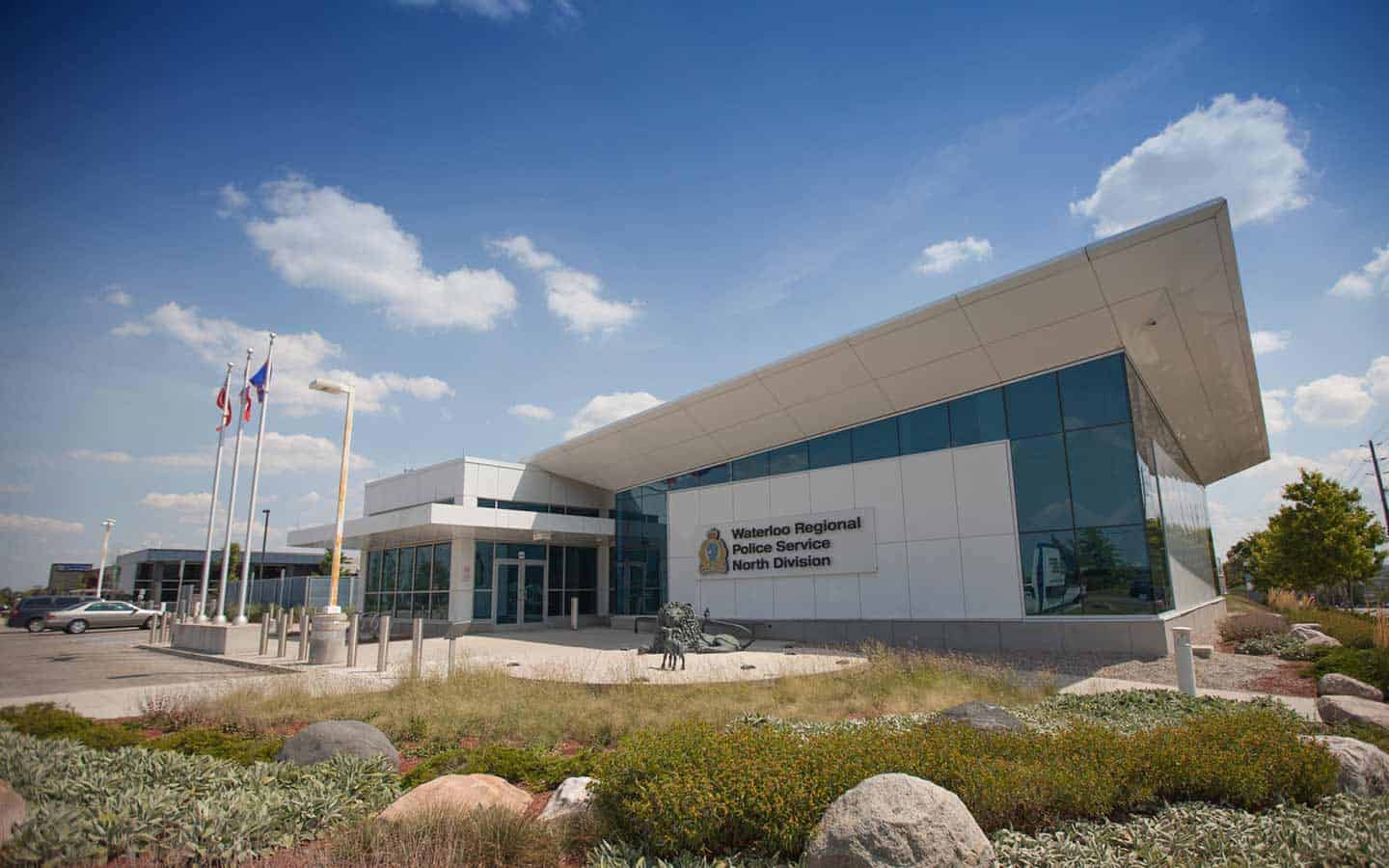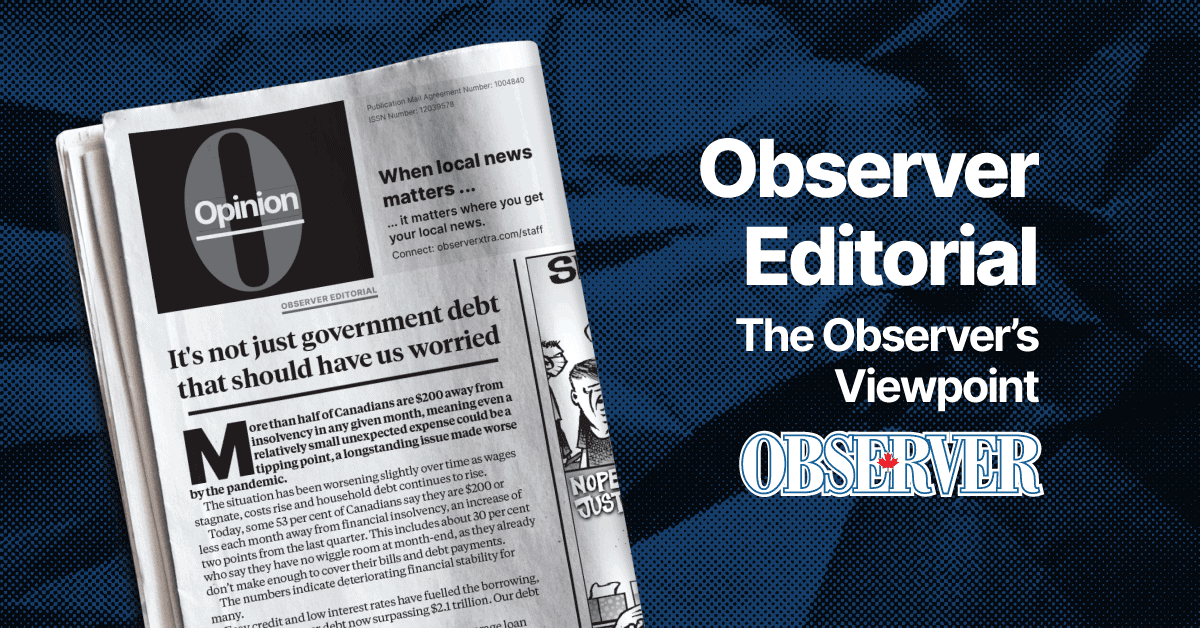;
;
;

Governments are often accused of not doing enough long-term thinking, which includes planning for infrastructure projects. It’s a fair comment – they don’t do a good job. There is some irony, then, in the fact Wellesley is under fire for its 2023 budget, in large part due to spending on infrastructu
Last updated on May 03, 23
Posted on Feb 23, 23
3 min read
